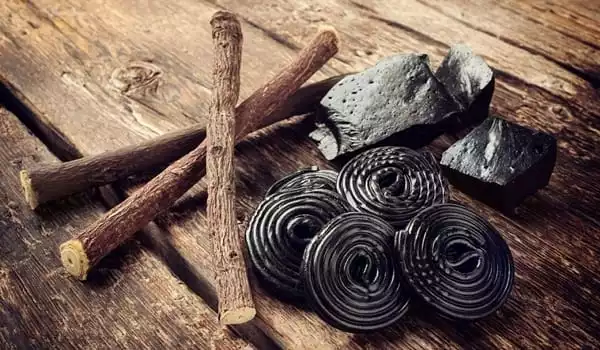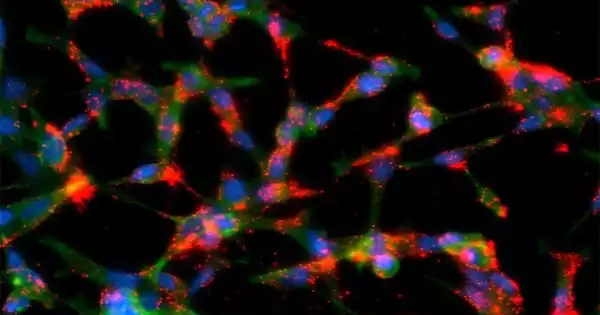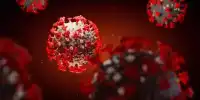Licorice candy has a peculiar, somewhat bitter flavor characteristic that most people either love or despise. A new study suggests that, like medicine, you should grin and bear the taste since licorice root may be beneficial to your health. Despite its divisive flavor, researchers at the University of Illinois Chicago believe licorice could one day help prevent and possibly treat some types of cancer.
A study of studies into the molecular insights of glycyrrhizin, a licorice-derived chemical, for cancer prevention or treatment reveals that more research could lead to particular treatments for clinical usage. Licorice is more than a candy people either love or hate — it may play a role in preventing or treating certain types of cancer, according to researchers at the University of Illinois Chicago.
Gnanasekar Munirathinam, an associate professor in the department of biological sciences at the College of Medicine Rockford, discovered these extraordinary results while researching compounds produced from the licorice plant Glycyrrhiza glabra. Prof. Munirathinam and his team were working on the effect of licorice on prostate cancer at the time.
Based on the research we’ve done and our own data, it looks that glycyrrhizin and its derivative glycyrrhetinic acid have a lot of potential as anti-inflammatory and anti-cancer drugs. While more research is needed to determine exactly how they could be used to build medicines, this appears to be an exciting area of cancer research.
Gnanasekar Munirathinam
Gnanasekar Munirathinam and his colleagues are investigating compounds derived from the licorice plant Glycyrrhiza glabra to see if they might be utilized to prevent or slow the progression of prostate cancer. Munirathinam is an associate professor in the biological sciences department of the College of Medicine Rockford.
Dr. Munirathinam and student researchers conducted a comprehensive evaluation of the molecular insights of a licorice-derived molecule called glycyrrhizin for preventing or treating cancer, which shows that more research could lead to particular medications for clinical usage. The study, titled “Oncopreventive and oncotherapeutic potential of licorice triterpenoid component glycyrrhizin and its derivatives: Molecular insights,” was recently published in the journal Pharmacological Research.

“Based on the research we’ve done and our own data, it looks that glycyrrhizin and its derivative glycyrrhetinic acid have a lot of potential as anti-inflammatory and anti-cancer drugs,” Munirathinam said. “While more research is needed to determine exactly how they could be used to build medicines, this appears to be an exciting area of cancer research.”
Should everyone go out and consume a large amount of licorice? When taken excessively, it may change blood pressure, mix with certain drugs, and produce serious adverse effects, including death. Until more research can establish how to effectively utilize the plant’s virtues, an occasional sweet pleasure of licorice candy or tea may be preferable.
Before you go out and buy some licorice, keep in mind that the study’s authors do not recommend that everyone start eating more licorice. To begin with, this can affect blood pressure, interact with other medications, and ultimately result in a variety of negative health outcomes. For the time being, researchers recommend indulging in licorice sweets or tea on occasion until more study initiatives clarify these findings.
“Very few human clinical trials have been undertaken,” Munirathinam explained. “We hope that our work on prostate cancer cells improves science to the point where medicines might be developed to help prevent or even cure prostate and other types of cancer.”
















